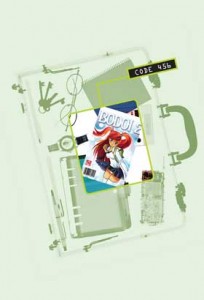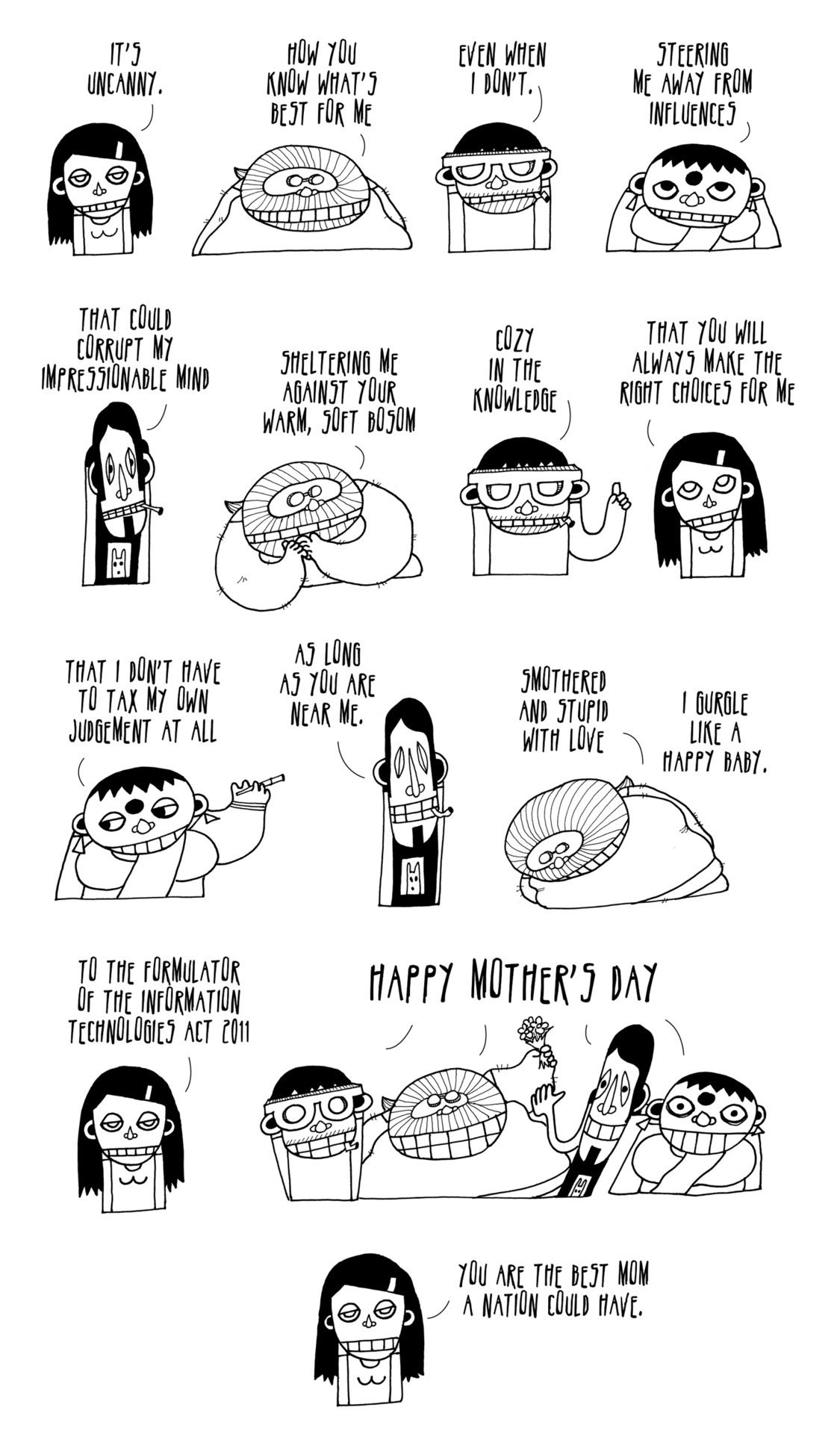by Mark Bousquet
A recent Forbes article discusses some of The New Yorker‘s most controversial covers and reveals images that never made it to print. The subject of the piece is the recent release of Françoise Mouly’s book, Blown Covers: New Yorker Covers You Were Never Meant to See. Though typically drawing attention for their artistic and satirical merit, select New Yorker covers have also proven controversial, such as Barry Blitt’s July 2008 cover that depicted President Barack Obama and the First Lady exchanging a “terrorist fist-bump” in the Oval Office. Ms. Mouly’s book helps to illuminate the tension that exists between artistic expression and commercial interests.
Click through for more about covering The New Yorker and links to images of some of the most controversial covers.

